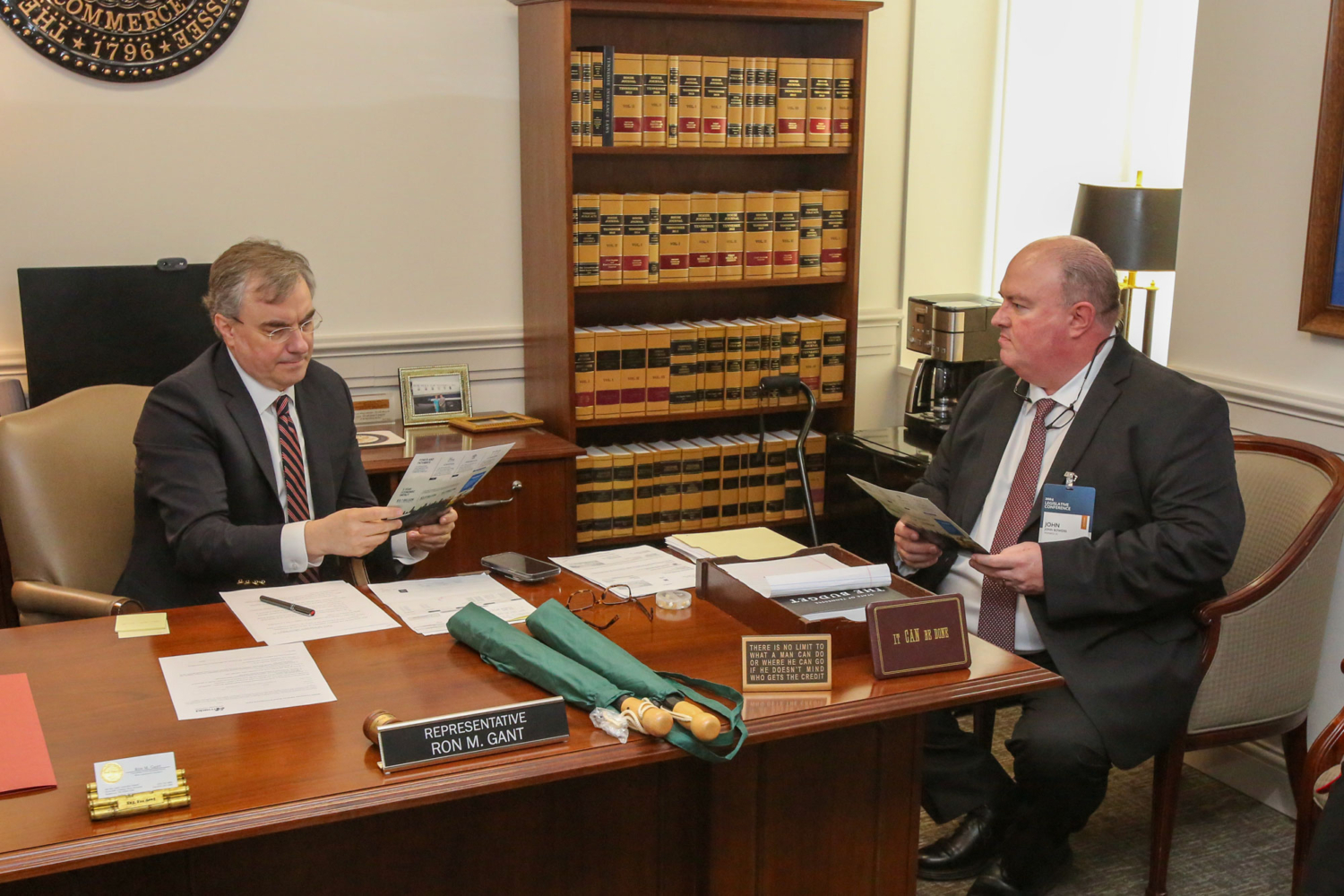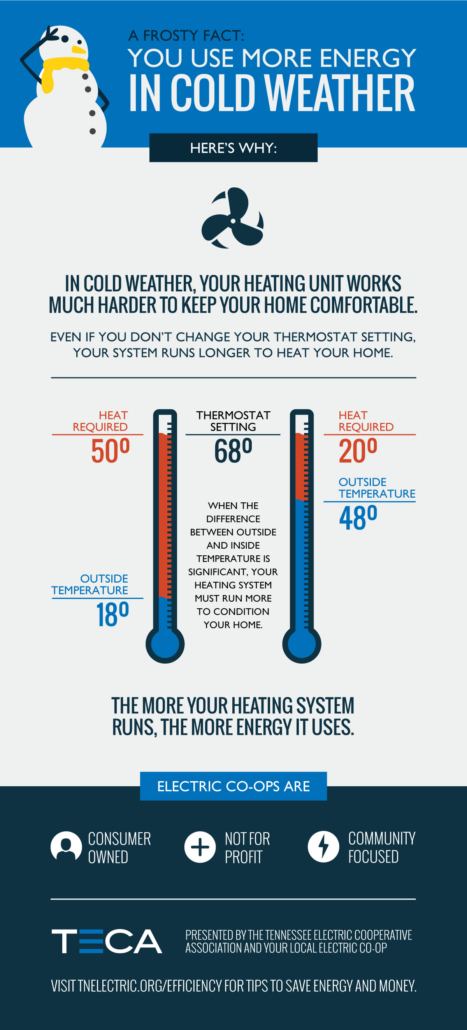NASHVILLE – Today the Tennessee Valley Authority Board of Directors held a public listening session at Lipscomb University in Nashville. Mike Knotts, CEO of the Tennessee Electric Cooperative Association, addressed the board during the listening session, and a readout of his comments is below.
Lipscomb University Shinn Center | Nashville, TN | 2:00 p.m. CST
Good afternoon. My name is Mike Knotts, and I serve as the CEO of the Tennessee Electric Cooperative Association. I appear here today on behalf of 25 local power companies who collectively serve consumers in six of the seven states TVA calls home. TECA’s members own and operate over $6 billion in distribution assets, and their wholesale power bills comprise over 25% of TVA’s revenues.
At previous listening sessions, I have encouraged you to focus TVA’s strategic goals on reliability and affordability, and I have also asked you to consider that while TVA’s structure and mission is certainly unique, the cooperative business model provides a closer comparison for TVA than the large investor-owned utilities. That is because the cooperative ownership structure aligns with TVA’s mission.
Remember that President Roosevelt called for the creation of a government corporation “possessed of the flexibility and initiative of a private enterprise”? Co-ops are privately owned by their members, but they operate on a not for profit basis – similar to the TVA Act’s requirement that for electric power to be provided at rates as low as feasible.
TECA members accomplish this by adhering to the seven cooperative principles – which require accumulated capital remain the common property of the cooperative, and requires members to democratically control the co-op’s activities, much like this Board controls TVA.
Here in the TVA ecosystem we tend to think of co-ops as distribution utilities, but there are 62 Generation and Transmission cooperatives across America that function much like TVA. These “G&T’s” collectively perform the same functions that TVA’s power program does and could be included as “peer utilities” in TVA’s benchmarking activities. Notably, they should serve as sources of potential new talent for TVA’s team.
But the 49 distribution cooperatives TVA serves have a lot to offer you as well.
Today, I would like to encourage you as Board to consider how cooperatives can help you accomplish your goals.
The path before you is not a simple one. The demands for your attention are great, and the opinions about what decisions you should make next are many. At its core, you are charged with powering everyday life and maintaining the economic vitality of our region.
And you are being asked to do so with no interruptions and at the speed of light. The margin for error for both TVA and electric co-ops is so slim – milliseconds can mean the difference between light and dark, and indeed life and death.
We’ve all heard the old adage, “if it seems to good to be true, it probably is.” When it comes to your responsibilities, truer words have never been spoken. That has become more relevant last week as the EPA finalized a number of new rules last week that rely upon unproven technologies based on an unachievable mandate of “regulate to innovate.”
The highest of ideals cannot trump the realities of physics. The electric grid is carefully and wonderfully made. The complexity of the grid is both its greatest achievement and one its biggest weakness. You can be certain the electric cooperatives will be leading the charge to ensure public policy doesn’t harm the “least of these.”
As you react to these developments in Washington, D.C., please remember that rates as low as feasible are meaningless if the lights turn off. Reliability AND affordability must be at the top of your priority list.
And electric co-ops are ready to help you accomplish this, even if the path before us is not simple or easy.





